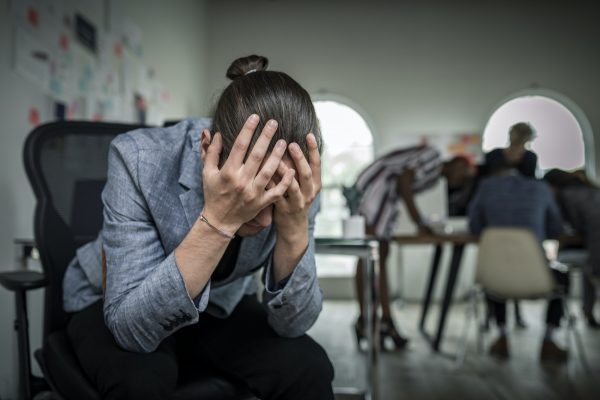Many of those who struggle with addiction also face mental health issues. At Next Wind Recovery, we offer dual diagnosis treatment, which is an approach to treatment that addresses both conditions simultaneously.
Mental health treatment helps our clients make lasting changes in their lives. To make treatment as accessible as possible, we accept both self pay and private insurance and can work with clients if they are in need of self-pay options as well.






